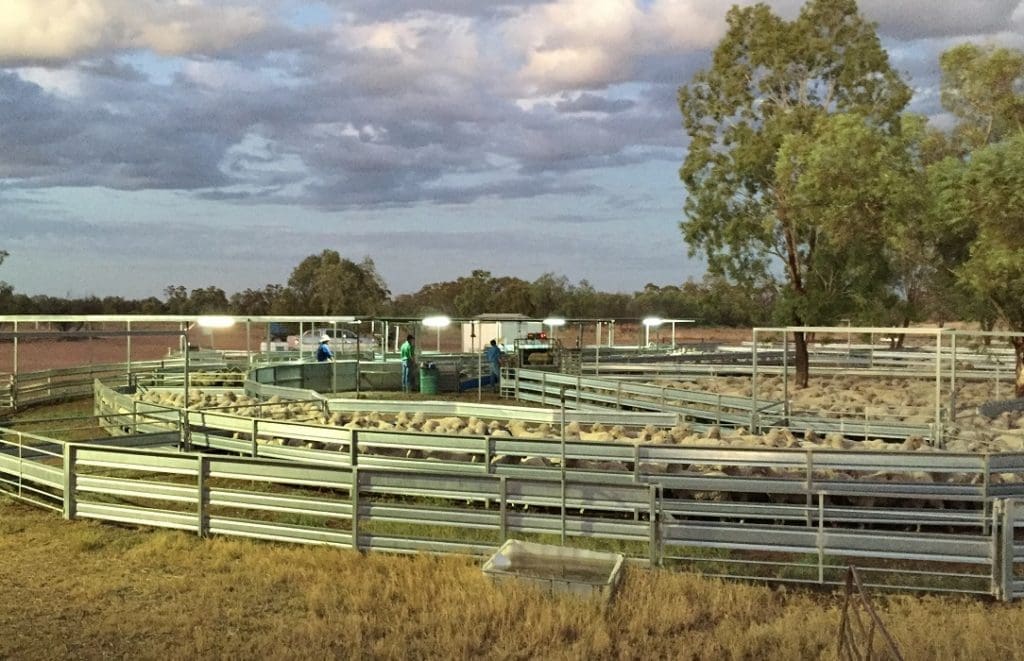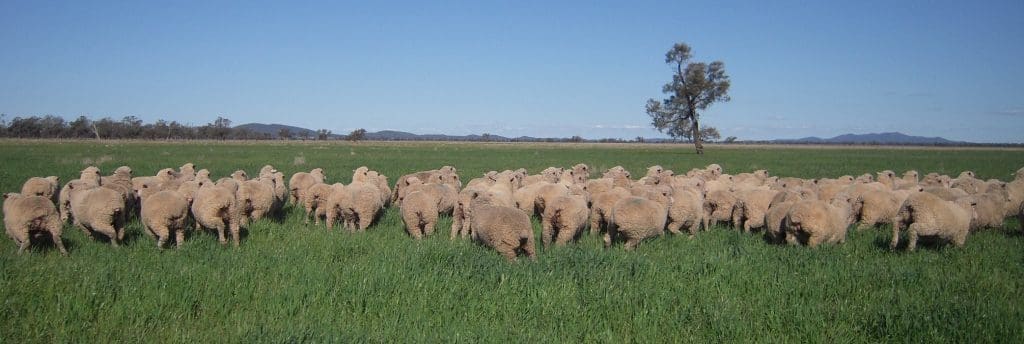AROUND $180 million is anticipated for three New South Wales blue ribbon mixed grazing and farming assets that are being offloaded by Paraway Pastoral.
Spanning 40,942 hectares, the offering consists of Borambil Station near Condobolin, Pier Pier Station near Coonamble and Burmah near Graman.
LAWD director Danny Thomas has been appointed to sell the high-quality assets that have been listed as a whole or individually via an expression of interest process closing on June 28.
The agency said given their spread across climatic zones and lower correlation to climate risk, the acquisition of all three properties could be seen as an ‘effective portfolio opportunity.
Paraway Pastoral said the decision to divest the properties follows a number of unsolicited offers to purchase in the past 12 months.
“This has created an opportunity, as part of the active management of our portfolio, to realise some of the capital growth for investors, which will be reinvested to further develop its business and other properties.”
Paraway said the sale of the assets also supports its broader, ongoing strategy to continue to strategically manage and grow its agricultural business.

Some well-lit Pier Pier Station sheep yards.
Pier Pier is extensively developed for sheep production
Purchased by Paraway Pastoral in 2011, the 31,603ha Pier Pier is an aggregation of five mixed grazing and cropping enterprises.
The aggregation is located near Coonamble, in the western plains region of New South Wales and comprises two non-contiguous properties – 20,338ha Pier Pier and 3567ha Dynong.
Pier Pier has been extensively developed and suited to sheep production and is currently running a self-replacing Merino flock using Pooginook-bred rams. A portion of the flock is also joined to Poll Dorset rams to produce first cross terminal lambs.
When the season permits, Pier Pier trades cattle for finishing to feedlot entry weights on fodder cropping country.
The open to lightly timbered country has heavy black to light red sandy soils with some areas better suited to fattening cattle and other areas to sheep.
Paraway has invested significantly in the operational infrastructure, including a near new 10-stand shearing shed and associated yards, four outpost sheep yards, sheds and 560 tonnes of grain storage.
The current livestock enterprise comprises a 10,000 Merino ewe flock, as well as 1200 trade cattle, with an overall capacity to carry 35,000DSE.
Stock water is delivered to each paddock across the holding through a combination of tanks, troughs and catchment dams, supported by a pressurised bore water system.
Around 5100 hectares of self-mulching black soils and red loam soils have been developed to dryland cropping for cereals, oilseeds and fodder, with the balance comprising productive native grass and trefoil pastures.
An agreement with the Biodiversity Conservation Trust is in place over portion of the property.
Irrigated Borambil Station suited to sheep, lamb, cattle and trading options

Borambil Station sheep knee-deep in good feed.
The 14,442ha Borambil was one of Paraway’s earliest purchases in 2008.
It is situated 8km south-east of Condobolin, in the Lachlan Valley of central western New South Wales and comprises five holdings – East Borambil, Ellerslie, Grassmere, Mooney Park and Borambil Park.
With an estimated carrying capacity of 40,000DSE, the aggregation offers sheep and lamb production, backgrounding cattle and dryland and irrigated production systems.
Some cropping is carried out, producing wheat, barley and lucerne, with further development underway for limited irrigated cotton production.
Borambil boasts a 16km frontage to the Lachlan River, as well as Wallamundry and Wallaroi Creeks. Two bores and extensive water licenses support the property’s irrigated cropping country.
Infrastructure includes a shearing shed and yards, outpost sheep yards, cattle yards, sheds, accommodation and 1720 tonnes of grain storage.
Burmah Station is suited to cattle and dryland cropping

Black cattle grazing on improved Burmah pastures.
Burmah’s gently undulating hills are located 10km from Graman and 30km north-east of Warialda on New South Wales’ north-west slopes.
The 4187ha aggregation was purchased in 2016 and comprises four strategically acquired and developed properties operated as a single holding.
Burmah sits at an elevation of 550 metres and with a Summer dominant average annual rainfall of 765mm is suited to cattle breeding and finishing in combination with crop and fodder production.
With a 40,000DSE carrying capacity, around 2103ha are used for grazing and 2773ha have been developed to dryland cropping, with the 580ha balance made up of timbered grazing and remnant timber.
Fit-for-purpose infrastructure includes two sets of livestock yards, a shearing shed and multiple sheds, as well as 410 tonnes of grain storage. Water is supplied by seven bores and catchment dams.

HAVE YOUR SAY